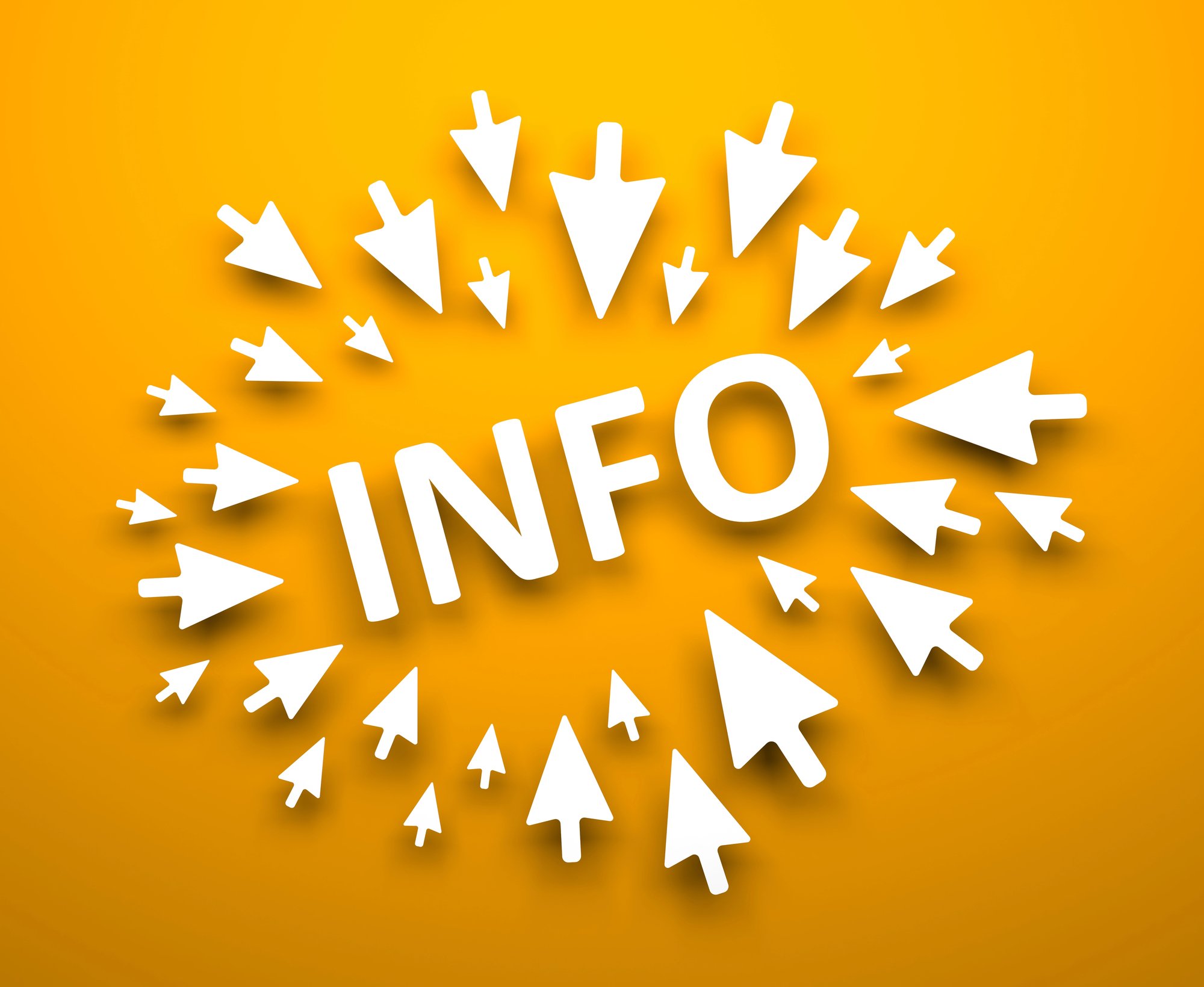How to conduct an informational interview
Career counselors often advise clients to talk to people in different career fields to do career exploration. If you’ve heard this advice but you aren’t sure what to do next, here are the steps to show you how to conduct an informational interview.
Preliminary research
Do some basic research online so that you aren’t asking questions that are easily found in a simple search. At minimum, read about the career field using resources like the Occupational Outlook Handbook and material published by the main professional association in the career area under investigation. One caution is that even though the materials from the professional association are likely to be impressive and comprehensive, sometimes they will be overly rosy in how they describe the career because they are the public relations department for the profession.
Choose your interviewees
First, ask everyone you know if they have any contacts in your desired career niche. If doing this doesn’t result in enough leads, you can hunt for contacts using LinkedIn, review the online contact information of the leaders of professional associations, locate faculty members of local colleges and universities who have expertise in specific career areas, search the online records of professional conferences for presenters or attendees, look up alumni from your college who are working in the targeted career area, search message boards of online professional forums, or read the business section of newspapers to see who has recently been hired or promoted at organizations of interest.
Connect
Send a letter, email, or message to explain what you want and ask the prospective interviewee whether he/she would prefer to talk via video, telephone, email, or text. This is respectful because it honors the interviewee’s communication preferences.
Your request would look something like this:
Dear Ms. Smith,
<First, mention the person who referred you if you have a connection in common.> I am a financial manager at Make Money, Inc., and I am considering a career change to consumer product marketing. As the first step of a potential transition, I am gathering information that will guide my decision-making process.
.
I am not seeking a job from you, but I am interested in your opinions about your field and perspective on what skills and experiences I should gain to potentially work some day at an organization such as Cool Co.
I am sure you are very busy and if we could speak by phone for 10 minutes or communicate via email, I promise not to take advantage of your generosity.
Thank you in advance,
Your Name
Ask your questions
Plan to ask 4-6 questions. If you want to ask over four questions, divide up your questions among multiple interviewees. There are hundreds of suggested questions online, so choose your favorites from these resources:
Columbia University Center for Career Education
UC Davis Internship and Career Center
Yale University Office of Career Strategy
Wrap up
After the informational interview, verbally thank the interviewee and then follow up with a brief thank-you letter or email. Tell the interviewee that you will keep in touch as you make career decisions and then find non-threatening ways to keep the communication going by contacting the person quarterly. For example, send the person an article on something of professional interest. This can be the start of a professional network that will serve you well for the rest of your career.
More tips about informational interviews
Don’t turn the informational interview into a request for a job. This is bait-and-switch and lacks integrity. It is okay to ask them to take a quick look at your resume to see if they have any suggestions, but don’t expect a full resume critique.
Don’t make career decisions based upon small sample sizes. Talk to enough people that you get a representative perspective rather than the opinions of only one person.
Keep track of the information you gain in some organized way. After the first interview or two, a system will prevent all the information from blurring together.
If there is a graceful way to work it into the conversation, briefly mention something memorable about your skills or experience. While you want to allow the interviewee to do most of the talking, it doesn’t hurt to sell yourself a little, if done well.
As Harvey Mackay said, “Dig your well before you are thirsty.” Informational interviews are best conducted before the time when you actually want to land a job or change careers.
Pay attention to how you feel about the members of a particular professional community. Do you share the same values? Would you enjoy spending a lot of your waking hours with these people?
Have you ever conducted an informational interview that helped you in your career? Please contact me for consideration to be featured in a success story.
Originally published 2013-08-30 on VocationVillage.com
